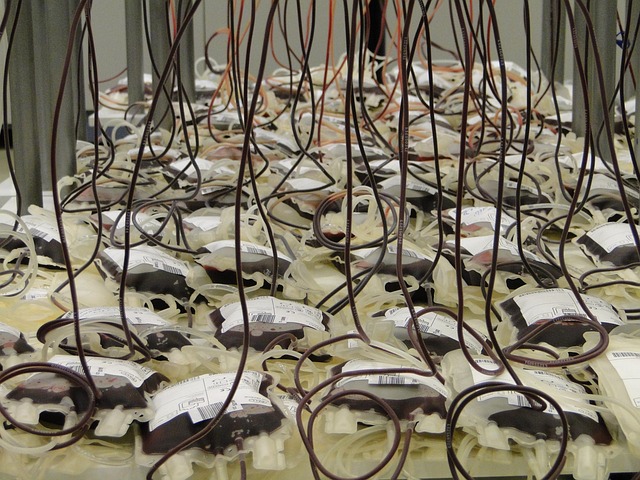
Boosting Support for Foundations: The Impact of Donor Clubs on Philanthropy and Economy
In the philanthropic landscape, the importance of community-driven initiatives cannot be overstated. One innovative approach that has gained traction in recent years is the establishment of donor clubs. These clubs not only bring individuals together with shared interests but also amplify the impact of their contributions, effectively supporting foundations that are committed to making a difference in their communities and beyond.
Foundations and Philanthropy
At the heart of many philanthropic efforts are foundations that provide crucial funding and support to various causes, from education and healthcare to environmental sustainability and social justice. The challenge often lies in securing steady and sustainable funding. Here is where donor clubs play a vital role. By pooling resources, members of donor clubs can significantly increase their financial support for these foundations, allowing them to expand their reach and enhance their programs.
Being part of a donor club fosters a sense of belonging among like-minded individuals who are passionate about making a difference. This community aspect not only enhances the giving experience but also creates opportunities for networking and collaboration. Members can share insights and engage in meaningful discussions regarding the allocations of funds and the challenges faced by the foundations they support. This collaborative environment strengthens the foundations’ efforts and ensures that donor contributions are used effectively.
The Economic Impact
The influence of donor clubs extends beyond philanthropy to the broader economy. When foundations receive increased funding through collective giving, they can further invest in projects that create jobs, stimulate local economies, and foster growth. For instance, foundations that focus on education can help develop workforce training programs, thereby equipping individuals with the skills needed to succeed in today’s job market. Similarly, environmental foundations might fund sustainability initiatives that lead to new green jobs and invigorate local economies.
Moreover, the economic uplift brought about by successful philanthropic endeavors can have a ripple effect. As foundations grow, they can partner with businesses, government agencies, and non-profits, leading to new partnerships and collaborative projects that drive economic development. This interconnectedness highlights how philanthropy, when supported by donor clubs, can contribute positively to the overall economic landscape.
In essence, donor clubs serve as a powerful catalyst for enhancing the effectiveness of philanthropy. They foster stronger connections between donors and the foundations they support, allowing for greater collaboration and impact. As these networks continue to grow, they not only bolster the missions of foundations but also contribute to a more robust economy, showcasing the profound interplay between generosity and economic vitality.



